When Raising the Minimum Wage is a Bad Thing
In These Times
 In some of the most brutal authoritarian regimes, labor unions have been the anchor of a broad working-class movement for democracy. Think South Africa, Brazil, South Korea. Our worker movements, political movements and unions must be wary of co-optation. We are not here for one-off gains for some of us. We are here to build broader movements for all of us. The minimum wage is a tool for organizing as much as it is a policy outcome.
In some of the most brutal authoritarian regimes, labor unions have been the anchor of a broad working-class movement for democracy. Think South Africa, Brazil, South Korea. Our worker movements, political movements and unions must be wary of co-optation. We are not here for one-off gains for some of us. We are here to build broader movements for all of us. The minimum wage is a tool for organizing as much as it is a policy outcome.

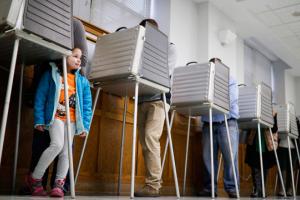
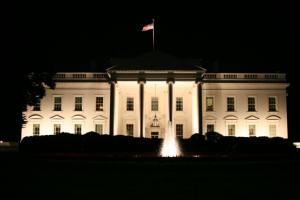



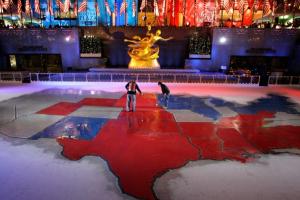
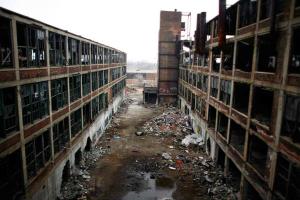
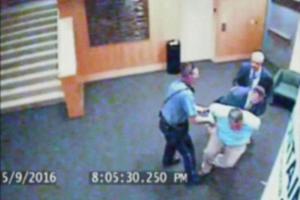
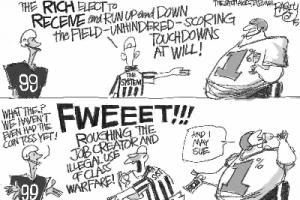
Spread the word